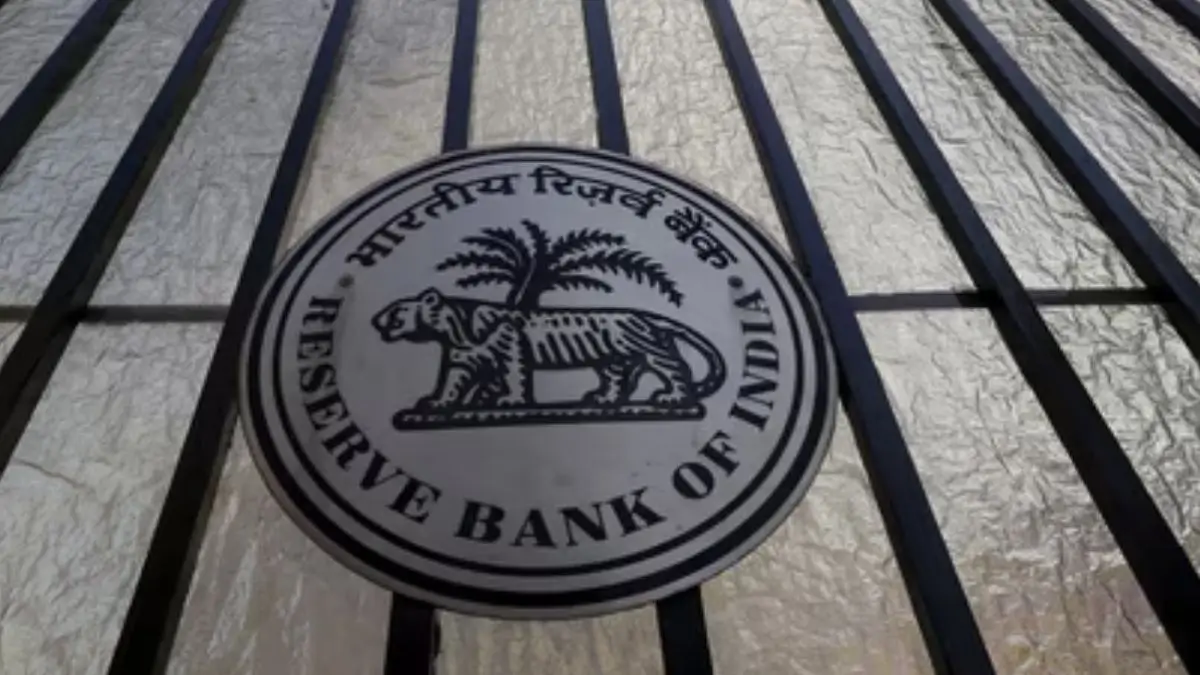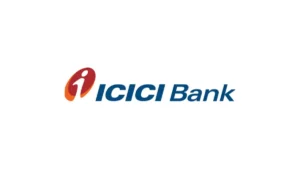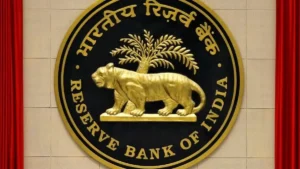The Reserve Bank of India (RBI) will transition approximately 500 financially weak Urban Co-operative Banks (UCBs) from the Supervisory Action Framework (SAF) to the Prompt Corrective Action (PCA) framework starting April 1, 2025. This move aims to strengthen regulatory oversight and ensure timely remedial action to restore the financial health of these institutions. The PCA framework provides early supervisory intervention while maintaining financial stability.
Key Highlights
Transition from SAF to PCA
- RBI will replace the SAF, introduced in 2012, with the PCA framework for UCBs from April 1, 2025.
Objective of the PCA Framework
- It aims to ensure early intervention by RBI and mandates UCBs to take corrective actions in a timely manner to improve their financial condition.
Scope of Supervisory Action
- The PCA framework does not prevent RBI from taking additional actions beyond the prescribed corrective measures.
Key Monitoring Indicators
- Capital Adequacy – Ensuring adequate capital buffers.
- Asset Quality – Monitoring non-performing assets (NPAs).
- Profitability – Unlike scheduled commercial banks (SCBs) that focus on leverage, UCBs under PCA will be monitored based on profitability.
Impact on UCBs
- Capital Requirements: UCBs must raise additional capital if their net NPA exceeds 6% of net advances.
- Dividend Restrictions: Banks under PCA may face restrictions on dividend payouts, potentially discouraging members from investing fresh capital.
Industry Concerns
- Experts believe that applying the PCA framework to UCBs in a manner similar to commercial banks may be unfair.
- Some argue that RBI should intervene earlier to prevent closure instead of imposing strict remedial actions later.
| Summary/Static | Details |
| Why in the news? | RBI’s Transition of Urban Co-operative Banks (UCBs) to the PCA Framework |
| Framework Transition | SAF to PCA from April 1, 2025 |
| Objective | Early regulatory intervention to restore financial health |
| Supervisory Actions | RBI can impose additional corrective measures as needed |
| Key Monitoring Areas | Capital adequacy, asset quality, profitability |
| Capital Requirement | If net NPA > 6%, banks must raise capital |
| Dividend Restrictions | Limited or no dividend payments under PCA |
| Industry Concerns | Framework may not be suitable for UCBs compared to SCBs |



 PhonePe Launches AI-Powered Natural Lang...
PhonePe Launches AI-Powered Natural Lang...
 ICICI’s New Swasthya Pension Scheme: A S...
ICICI’s New Swasthya Pension Scheme: A S...
 RBI’s New Rulebook: UTI Required for All...
RBI’s New Rulebook: UTI Required for All...








